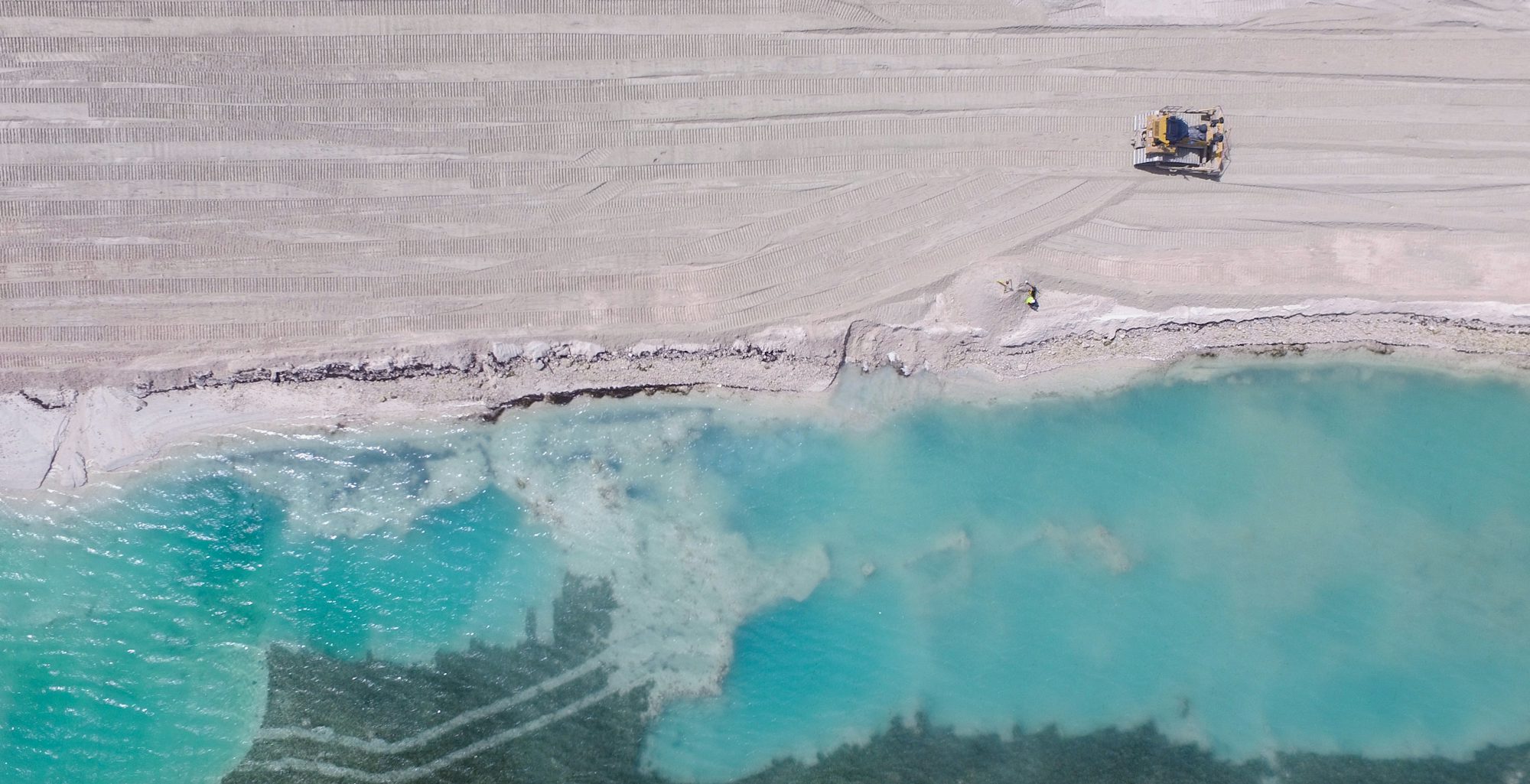Once upon a life: In 1985, the crime writer Margie Orford was thrown in jail by South Africa’s apartheid police. The experience defined her. After travelling widely she returned to South Africa in 2001 and now lives in Cape Town, the setting for her Dr Clare Hart series.
By Susan Miller
From being detained as a student activist by the police to being taught to shoot by them – it’s been an exceptional journey for top-selling South African crime writer Margie Orford. The author of four books featuring Dr Clare Hart, she’s reached the top of the crime lists.
I spoke to her about her writing and first, why crime?
“I didn’t actually decide on crime but after going back to live in South Africa in 2001 I wanted to write about how stratified society still was. There are only two kinds of people who can believably go from – for example the President’s cocktail party via Clifton to a shebeen in Gugulethu – one is a journalist and the other is a cop.”
Margie decided on protagonist Dr Clare Hart because as a part-time criminal profiler for the police she can enter the different worlds. Margie could also try and answer her own questions through writing.
“I was a journalist, we’re simple creatures, we say why? South Africa was very violent, there was a lot of crime when I got there and I said ‘why?’ Part of this series has been a way of exploring that.”
While she acknowledges those who say we can’t keep on blaming apartheid, she feels we have to look at the past to understand the present.
“I think we lived through a civil war that was not acknowledged … You have the legacy of 350 years of extreme violence – slavery, colonialism, British Imperialism, apartheid – it doesn’t just go.
“It seems to me that the aggression has gone into the intimate spaces – the body, the family…
Margie’s understanding of policing was bolstered by her close work with the police. “Obviously I had not had the nicest time at their hands but what was interesting to me was how the transition to democracy was meant to be implemented by the institutions and the people whose jobs five minutes before had been to implement apartheid.
“They’re very regular okes, most cops – they’ve even taught me to shoot… (laughs)… Some describe policing in South Africa as ‘armed social work’. Of 85% of murders, people kill people they know…”
Most of the Clare Hart books are set in Cape Town, with the exception of Blood Rose which was set in Namibia where Margie grew up. I wondered how important geographical setting was to her?
“It’s very important. It’s about the psycho-geography. I feel I ‘get’ Cape Town and its rhythms. I never thought I could get Johannesburg, but after a recent visit I think I may finally have a Joburg novel coming…
“A lot of crime writers are associated with cities like Ian Rankin and his Rebus series. Edinburgh is a character in the books.”
Fellow Capetonian Deon Meyer is also selling well overseas. I wonder if they could be spearheading a South African crime writing wave, emulating the Scandinavian ‘takeover’ of the crime genre in books, TV and films.
Margie laughs. “Yes, we will force them back into the North Pole!”
But she’s serious about that she’s trying to achieve. “We’re trying to get underneath the skin of ordinary people and find out how they survive the sometimes intense experiences of the country. We need overseas people to respond to the bigger picture. We’re complex and not always fraught or serious, we’re often hilarious as well!”
The takeover is still on the cards as the film rights for Blood Rose have been optioned. I asked if authors like Margie feel jealousy over how their characters are portrayed onscreen?
“Not even a bit. It’s like when your children finally get off to school and you say ‘thank God’ now it’s the teachers turn to take charge.”
A lot of crime novels are getting increasingly grisly, where does she fit in on the bloody barometer?
“My books are more frightening than a spectacle of violence. A lot of crime fiction involves a huge amount of violence against women and I get a bit pissed off with it. I am more interested in looking at the psychology behind it and creating a sense of fear. Some writers like Patricia Cornwell get to a point where the blood is splattering off the pages onto your glasses. I prefer to keep it offstage.”
Margie travels a good deal to crime festivals and says the camaraderie between crime writers is exceptional.
“You’ll often find two or three of your favourite writers sitting chatting away together. I think part of it is because of the kind of audience we have. People who love crime novels often don’t just follow one author. They’ll buy across the genre so we don’t have to be all jealous of each other”.
What should we expect from forthcoming fifth book Water Music?
“I am looking at those who are attracted to religious sects or cults. I interviewed a number of ‘extreme’ Christians. Sometimes I would realise that these were the very same kind of people who were in charge of our country during apartheid and you just think ‘but you’re nuts and you were in charge’. Their extreme beliefs were what we lived by…”
